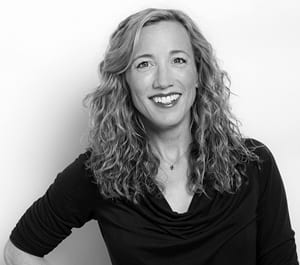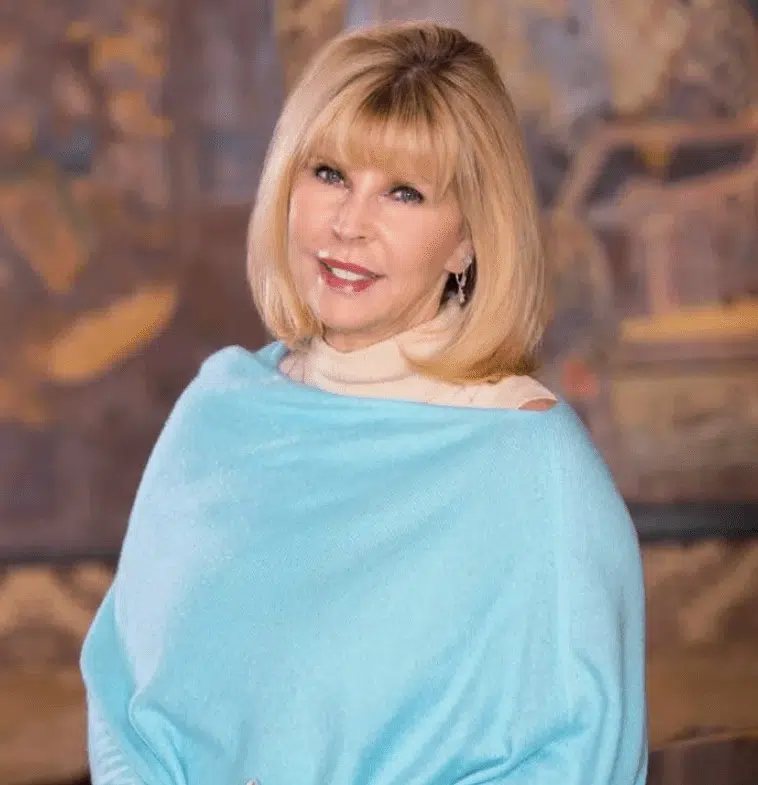
Christine Carter, Ph.D., says the way to accomplish more by doing less is to find your “sweet spot.” This requires us to re-define success and listen to our hearts and minds. Our bodies really do know how to achieve the most productive, happiest, healthiest and most satisfying way for us to live. So put down that cell phone and text your inner guidance system.
A sociologist and happiness expert at UC Berkeley’s Greater Good Science Center, Christine found herself living her dream — successful career and happy family life. She had it all, except for that little chronic illness she couldn’t kick. She started researching and road-testing the latest scientific techniques about how to reduce overwhelm in her life. The result is her latest book, The Sweet Spot: How to Find Your Grove at Work and Home.
Multi-tasking is a myth.
The body and brain are not made to multi-task. Christine says that we treat our brains like they’re computers that can run thousands of apps all at once. In reality, our brain can only think about one thing at a time. When we try to force it to pay attention to many things at once, our productivity decreases because we are jumping rapidly from one thought to another. We slow down and accomplish less.
“I’m so busy” does NOT equal success.
As a sociologist, Christine studies social trends. The busyness mantra is a holdover from 20th century industrialism when time equaled money and a person’s value and productivity was measured by their busyness. Yet their 40-hour work-week looks like easy living by today’s standards. As overachievers we keep pushing ourselves to the next thing, but it never makes us as happy as we think it will. Our 24/7 work-day contradicts all that science says we need to live happy, productive, creative lives.
Sweet Spot—maximum impact with the greatest ease and the greatest strength
 Athletes know they can’t reach their sweet spot by struggling. We can’t, either. We have to learn to listen to the unconscious mind. It is the most powerful part of our brains, but it doesn’t communicate through words. Instead, it communicates through emotions and spotty sensations.
Athletes know they can’t reach their sweet spot by struggling. We can’t, either. We have to learn to listen to the unconscious mind. It is the most powerful part of our brains, but it doesn’t communicate through words. Instead, it communicates through emotions and spotty sensations.
Western culture values the conscious mind–that part that communicates with words and is linear and analytical. Rather than listening to the subconscious mind, and trusting what it and our body tells us, we create distractions that numb us to its messages: cell phones, activities, alcohol and drugs. It’s important to note that the most creative, productive and intelligent people among us are not operating in a busy state of overwhelm. They are not trying to be all things to all people all the time.
“Leaning in didn’t work for me; leaning on did.”
Learn more about Christine’s personal story and how by asking for help, she gave the greatest gift to friends and family. Listen to her secrets to happiness, based on hundred-year-old science. Then check out her award-winning blog and her newsletter for frequent tips on how to live a happier, more productive life.

